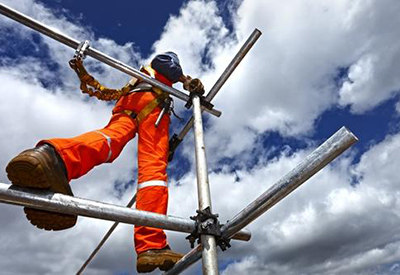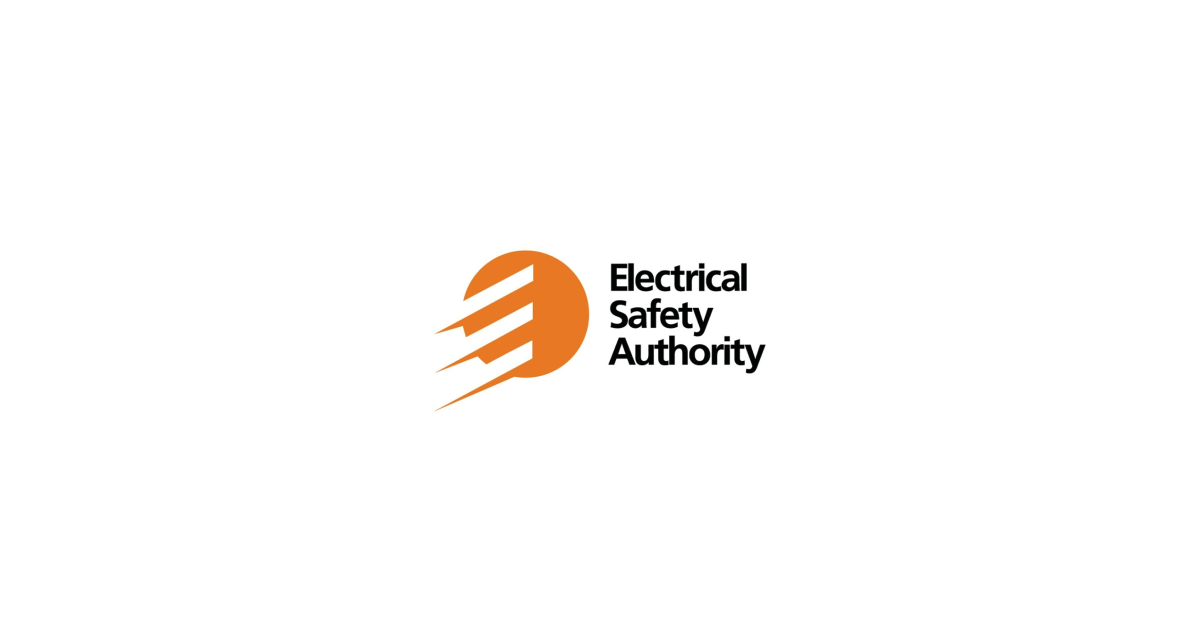How to Keep Lone Workers Safe

Jan 15 2016
Many people thrive on the freedom that comes with working alone, but with that freedom come risks. What if something goes wrong? For those of you who work on your own, or employ others who work on their own, here are eight steps that can help reduce the risk of something going wrong and ensure support is available when needed.
1. Train yourself and your employees on how to identify, assess and mitigate hazards, not just in performing specific tasks but in performing them alone. Considerations include:
• Is it even reasonable — or legal — to be working alone? Some jurisdictions require that certain tasks involve more than one person, such as lock-out/tag-out or working in confined spaces.
• Is there a safer way to do the work?
• Are there means of communication?
• Will the person have constant access to an emergency communication system?
• Will the emergency communication system work in all situations?
• Is transportation involved? Is the vehicle equipped with emergency supplies?
• Is the work taking place in an isolated location? Even a storage room can be considered remote if people rarely go there.
• Is there a risk of violence and harassment?
2. Ensure work is performed safely.
• Put written safe work procedures in place and ensure they’re followed.
• Review the procedures regularly to ensure they are up to date and reflect real working conditions.
3. Provide a means of communicating with others. Make sure the means of communication works properly in all situations.
4. Ensure first aid is available.
• Is the vehicle equipped with emergency supplies such as food and drinking water, as well as a first aid kit?
• Can the person take emergency supplies along when leaving the vehicle?
5. Implement a check-in procedure. For example:
• Identify one person to be the contact, plus a back up.
• Prepare a daily work plan so the contact knows where the person will be and when.
• Define the circumstances under which the person will check in and how often.
• Determine what steps to take if the person fails to check in.
• Consider installing a GPS tracking system so that the contact person always knows where the lone worker is.
6. Develop an emergency action plan to follow if the person is injured or does not check in when supposed to.
• Establish procedures to follow.
• Assemble a contact list, including emergency services.
7. Train everyone involved in the practices and procedures you’ve developed.
8. Periodically review and update all the measures you have in place. Involve others in the process, including colleagues and employees.
Sources
• Working Alone Safely Guidelines for Employers and Employees (Newfoundland and Labrador)
• Code of Practice for Workers Working Alone or in Isolation (Manitoba Labour and Immigration Workplace Safety and Health)
• Working Alone – Off-site Fact Sheet (Canadian Centre for Occupational Health and Safety)
• Electrical Utility Safety Rules




![Guide to the Canadian Electrical Code, Part 1[i] – A Road Map: Section 52 — Diagnostic imaging installations](https://electricalindustry.ca/wp-content/uploads/2022/11/Guide-CE-Code-2-768x432.png)





![Guide to the Canadian Electrical Code, Part 1[i] – A Road Map: Section 52 — Diagnostic imaging installations](https://electricalindustry.ca/wp-content/uploads/2022/11/Guide-CE-Code-2.png)






